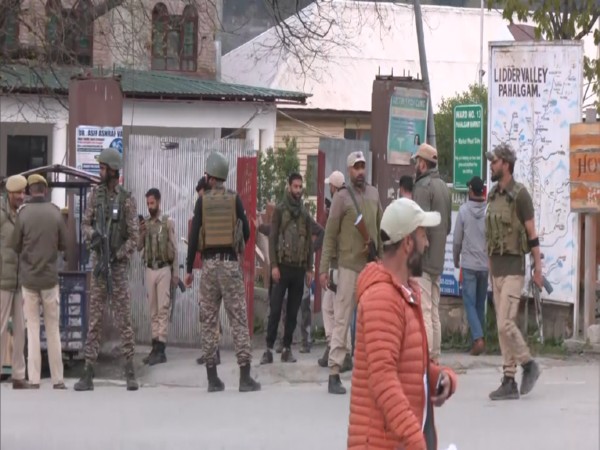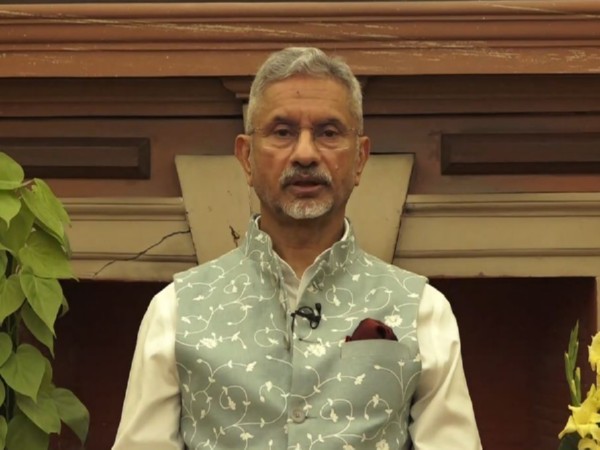Facebook India VP approaches SC against Delhi Assembly panel's notice, hearing today
Sep 23, 2020

New Delhi [India], September 23 : The Supreme Court on Wednesday will hear the pleas filed by Facebook, its India Vice President (VP) and Managing Director (MD) Ajit Mohan and others against the notice issued by the Delhi Legislative Assembly for deposing before it on September 23.
Facebook, Mohan, and others had filed the plea in the top court against a notice issued by Delhi Assembly's Peace and Harmony Committee to appear before it for its alleged role in the Delhi violence in February.
The petitioners had moved the apex court challenging the two summons issued by the respondent, Legislative Assembly, NCT of Delhi and others, against them -- on September 10 and 18 -- on the grounds that they violated the fundamental rights of the petitioner under Article 19(1)(a) and Article 21, guaranteed under part III of the Indian Constitution, the petition claimed.
The petitioners had approached the top court to quash these two summons issued by the Legislative Assembly, NCT of Delhi and others, against them.
The petitioners said that the first summon and second summon issued by the Peace and Harmony Committee of Legislative Assembly, NCT of Delhi and others directed one of the petitioners, the Vice President and Managing Director to appear before the Committee on September 23, 2020.
Facebook provides a safe place for expression. Notably, the petitioners also provide easy-to-use tools that allow users to report objectionable content. The petitioners provide users with options to report content that violates its publicly available community standards, the petitioners claimed.
The Committee's insistence on compelling Ajit Mohan, to speak, and its categorical threat to his non-appearance as a "breach of privilege of the Committee and [to take] necessary action as deemed fit", gives rise to a clear and present danger to the fundamental rights and liberties of petitioners in the ultra vires proceedings before the Committee, they claimed.
Accordingly, the petitioners are compelled to approach this court to avoid imminent irreparable harm to themselves, they added.
















